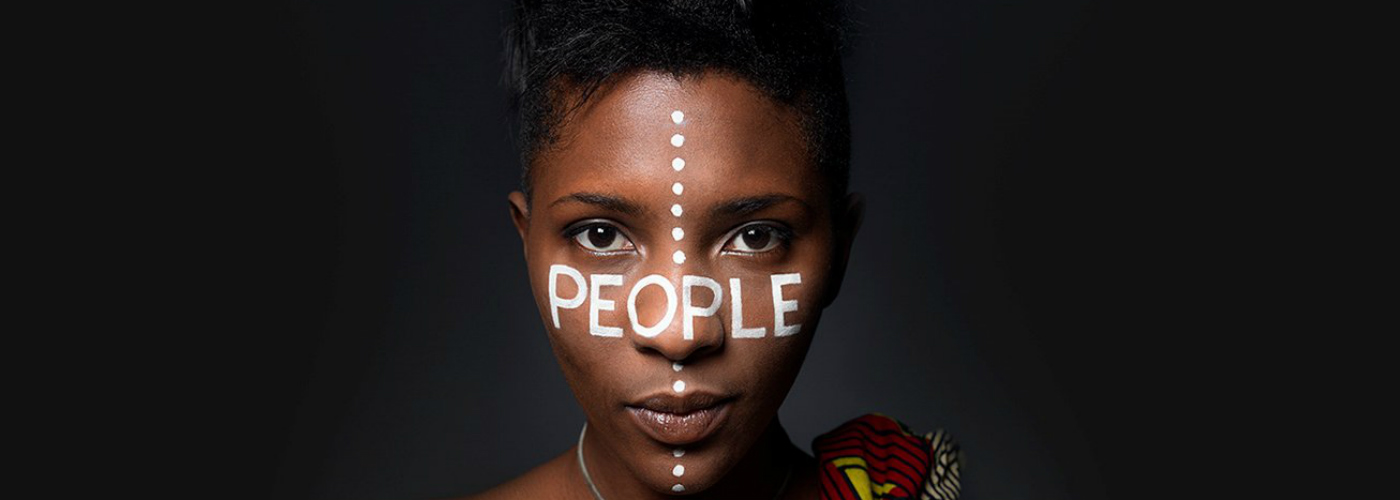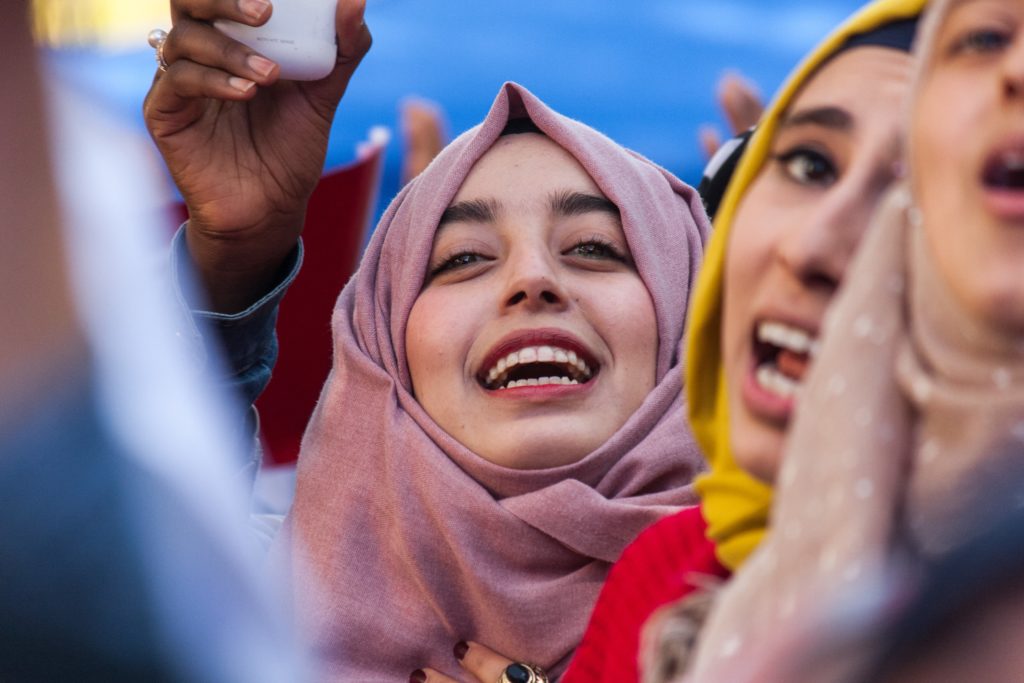“There is no abstract mass of Lebanese citizens; there are Lebanese male citizens and Lebanese female citizens.” – May Mikdashi, “A Legal Guide to being a Lebanese Woman”
Why Lebanon?
Lebanon has always had the image and reputation of being the most open and liberal country in the Arab world. Lebanese women in particular are considered freer than women in other Arab countries, with much fewer social and cultural restrictions on their movement and behaviour. Yet these relative freedoms have not translated into the abolition of gender discriminatory laws or proper political representation.
Lebanon has one of the lowest rates of women’s political engagement in the MENA region and the world. Since 1953, only 17 women have served in Lebanon’s parliament, and the maximum number of female MPs in one parliamentary term has been six (out of a total of 128 MPs in the 2005 elections).
This is partly due to continuous political and legislative inertia in Lebanon, which has impeded progress on social and political reform. But the deeper problem lies in gender discrimination stemming from patriarchal structures (the family, the sect and the state) which today inhibits women’s full and equal public participation and places them at an inferior starting position in politics. Simply put, they political and electoral system and culture in Lebanon are today inhospitable to most women.
Inferior citizens in a sectarian state
The Lebanese Constitution reinforces gender discrimination. While Article 7 guarantees equality of rights, obligations and duties to all citizens, it hands over all personal status law matters (marriage, divorce, inheritance, child custody, etc) to the religious courts of Lebanon’s 18 recognized sects. These court systems are not under the authority of civil Lebanese laws, and are outside the constitution’s provisions protecting the rights of individuals. Lebanese women of all sects do not have equal rights to men in personal status laws.
In recent years, two laws in particular which would have significantly improved women’s lives, were either significantly watered down or rejected outright. The proposed law to Protect Women from Family Violence, presented to the government by women’s rights organizations was amended by giving priority in jurisdiction to religious courts over civil courts. MPs also refused to criminalize marital rape. Political and religious leaders have also refused to support the introduction of civil marriage in Lebanon, which would free citizens, especially women, from the gender bias of personal status courts, as marriage and divorce would be administered by state courts.
Electoral culture works against women
This discrimination and exclusion extends to Lebanon’s overall election culture. Lebanon has regularly held parliamentary elections every four years since 1943 (except of course during the 15-year civil war 1975-1990 when they were suspended), yet the electoral system and culture has changed little. The main function of elections has been to reproduce political elites, namely political families and sectarian parties, which are patriarchal in structure. The ruling political class frequently blocks genuine electoral reforms, making it difficult for women, youth and men who are not affiliated to parties and political families, to run for elections.
One of the key reforms to boost female representation in parliament is the women’s quota, either in the form of reserved seats in parliament, or (preferably) obliging party or electoral lists to contain a certain percentage of women candidates. The quota however is not enough in itself to enhance women’s representation. Further electoral reforms that provide wider and fairer representation, such as regulating campaign spending would make even the playing field, allowing women a better chance to compete fairly.
Political parties: an obstacle and an opportunity
Political parties have also been inhospitable to women’s political leadership. While they depend heavily on women as voters, election canvassers and event organisers, few reach decision-making positions. Women’s equality is generally viewed (by many women as well as men) as secondary to the party’s political and sectarian priorities.
While political parties are part of the problem, they are also women’s best chance to attain political office. Organized and convincing pressure from female members of the main Lebanese political parties is perhaps the best way to promote women to front-line politics and to pass laws abolishing legal gender discrimination.
Trade Unions and Professional Syndicates: an untapped source
Most trade unions in Lebanon today are generally considered to be ineffective, politicized, with weak participation from both men and women. In recent years however, the Independent Union Movement has been active in demanding wage increases and more social benefits for public sector employees. No data is available regarding the involvement of women; the movement has also not articulated any demands specifically related to women, e.g. maternity leave and equal pay.
Statistics are currently not available on women’s involvement and leadership in professional syndicates. However it is safe to say that syndicates such as the Lawyers Syndicate have a high percentage of women members. The Teacher’s Syndicate, for example, is a large, influential and fairly independent syndicate, which is able to mobilize its members around issues such as pay rises and better social benefits. However, despite the large number of women members, few if any reach decision-making positions or achieve public visibility.
The Media: perpetuator of gender discrimination or positive influencer on public opinion?
Women’s rights activists have long complained that the Lebanese media plays a negative role in how it covers and portrays women. But Media outlets still tend to replicate traditional Lebanese gender stereotypes. Many TV shows objectify women, perpetuating the image of the Lebanese woman as vain and a bit empty-headed. Political talk shows very rarely include women analysts or experts. But the media can also potentially be a powerful partner in the fight for women’s political empowerment, especially the audio-visual media, which has considerable influence in Lebanon. Thanks to the hard efforts of Lebanese women’s organizations, some media outlets are, for example, doing a better job at covering gender-based violence in Lebanese society. The low level of political participation by women is also recently gaining a lot of media attention.
To address these challenges, Hivos is working with it’s local partners, the Lebanese Association for Democratic Elections (LADE) and Maharat Foundation, and allies within the women’s movement in Lebanon, within the Women in Empowered for Leadership programme. Our aim is to ensure that women have the capacities and opportunities to participate equally and fully in public and political life and that the environment is sufficiently supporting. With a mix of training, networking, coalition building, lobby, advocacy and publications, WE4L targets potential women leaders themselves, as well as political parties, administrative bodies, trade unions and syndicates, civil society organisations, media and the wider public. The programme focuses on the local and sub-national levels that directly affect people’s day-to-day lives.


